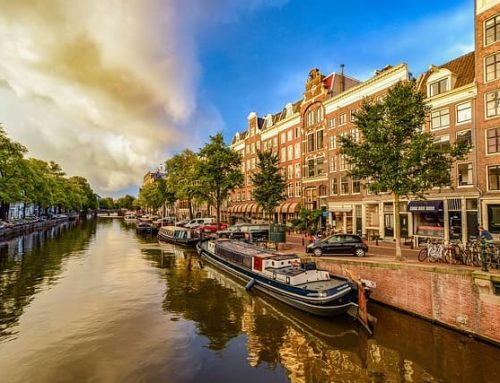The work of turning ‘the economy’; ‘the political’ and ‘global law’ from a priori concepts into questions is a critical one for our time, as these forms have come to dominate so much of how everyday activities are framed and valued in communities around the world. By way of cursory background, ‘economy’ comes from the Greek, oikonomia, meaning ‘household management’. With the rise of the nation-state model, this – particularly in the form of ‘political economy’ was used from the 18th century onwards to refer to the management of state wealth. From the late 19th through the 20th century up until the present day, this concept has been replaced almost entirely with mathematical modelling of monetary flow, standing in for decision-making around the regulation of social value. ‘Political economy’, in everyday context, refers to the advice that economists give to politicians, and otherwise to a literature on politics and on economics that remains fairly grounded in early 20th-century, male-dominated work in which the primary point of reference is the sovereign state. There have been attempts to reintroduce ‘politics’ into ‘economics’, notably recently by Thomas Piketty, but save the feminist movement of the 1960s and 70s to make the ‘personal political’, the attempt to return economic and political thinking to the hearth (as opposed to the stately throne) has been thwarted.
If we are to start thinking about the ‘gender politics of global law’, such a discussion rests on the core concepts of politics and economy, which must not be taken as a priori events. What is politics? It is about power within a structure. What is economics? It is about the production and consumption of value. What is global law? It is the transmogrification of a diversity of regulatory systems, cultures and institutions into an international homogeneity, with its antecedents in imperial histories. And the consideration of power dynamics in this process of transmogrification, particularly in relation to discussions about the production and consumption of value, is normally about states and relations constituted by and through legal institutions, rather than relations constituted by and through people. As explained so beautifully by Adriana Cavarero, this framing rests, rhetorically and philosophically, on the tropes of masculine (territorial, cerebral, political) and feminine (corporeal, nonpolitical) bodies. In short, the ‘politics of global law’ – the accounting of human life on the international scale – is gendered, with ‘political economy’ using a very narrow set of referents.
My earlier work examined the public language employed by international lawyers when they talk about technological risk in war and in trade. I discovered that what is at stake is the question of who gets to determine what human life is, in the ontological sense. The research I am now undertaking builds on this to show how this gendered political economy is created not only through discourse, but also through the physical, technological, visual control of one of our most powerful symbols of social reproduction: milk. Milk is our primary food, in almost everything that we eat. It is a heavily regulated food, with rich archival material reflecting its importance in human political economies. And in tracing how former empires have established milk industries in their colonies and postcolonies I have discovered how they use (and have used) ‘milk feeding’ as a governance technique; how for example an international milk grid was created during the postwar period, and how the U.S. created milk aid programmes during the Cold War in order to justify military expansion. I argue that the post-imperial powers have created ‘sovereign’s milk’ by controlling the conditions for the production, distribution and consumption of milk made by human and non-human animals. This establishes a global humanized political economy that facilitates the raison d’etre of modern states.
Gender thus plays a central part in the material, symbolic, narrative construction of global law. Many other legal scholars have described this before me, including Judith Grbich, Anne Orford, Loveday Hodson, and many others. It plays a central part too in ‘global law’ or ‘global economic law’, in so far as those terms describe both a post-Imperial configuration of actors and institutions, and the growing reach of postwar phraseology to legal regimes and cultures around the world. The challenge, I think, is to describe how heteronormative and masculinist ideologies structure the logic of our global (political, financial, and legal) economies, by looking in granular detail at the discursive, imaginative and visual phenomena of international law. And then, of course, our task would be to reimagine global political economy in terms of a more sustainable ethos that supports fragmentation; slowing down; being still and letting be.
(Photo: Eutah Mizushima)



